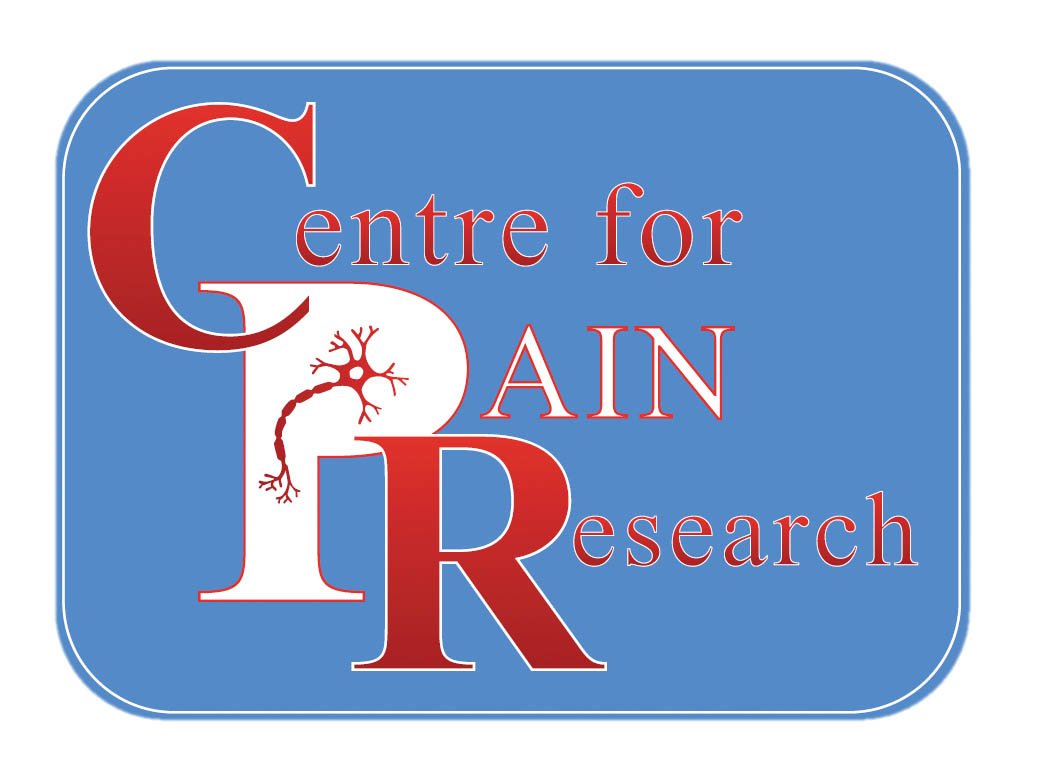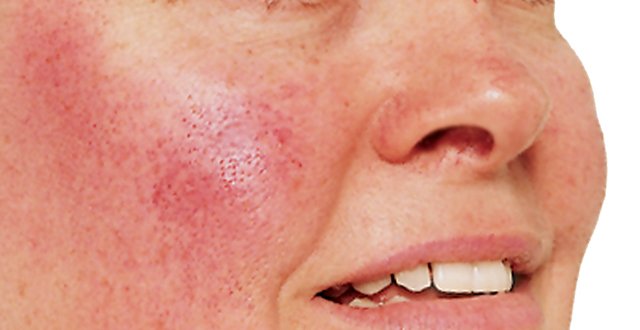The heart and stroke charity Croí, which is based in Galway, has recently expanded its multidisciplinary health team at the Heart and Stroke Centre in the city. The charity, which was founded in 1985 and continues to support the development of cardiac and stroke services in the region, is leading the way in designing and testing lifestyle and behaviour change models of care focused on disease prevention and rehabilitation.
As an example of this, Croí is engaged in developing a model of community cardiac rehabilitation, which could supplement existing programmes that are hospital-based. This is a HSE Health and Wellbeing Division-funded initiative to address the identified need for increased and standardised provision of cardiac rehabilitation, which is a priority of the Health and Wellbeing Division, for implementation under the HSE’s National Framework for Self-Management Support for Chronic Conditions. This project aims to examine the feasibility of providing community-based cardiac rehabilitation and determining the effectiveness and scalability of such a programme in an Irish setting. The initiative, which is based on the Croí MyAction Programme, meets the British Association of Cardiac and Pulmonary Rehabilitation (BACPR) standards and core competencies.
<img src=”../attachments/ca419b38-3d8d-4aeb-87d0-e8c684949aab.JPG” alt=”” />
<strong>Mr Neil Johnson, CEO, Croi</strong>
A needs assessment of cardiac rehabilitation (phase 3) in Ireland, carried out in 2016, found that only 39 per cent of the need for cardiac rehabilitation is met by current capacity nationally, at the narrowest definition of need (ie, patients admitted to hospital with acute coronary syndrome; post-revascularisation; or heart failure). The gap in provision is variable around the country and similar in the Saolta Hospital Group to the national picture. When you broaden the criteria for referral to include patients with a wider range of conditions for which cardiac rehab is recommended, the deficit is even greater. Expansion of current capacity by a minimum of 61 per cent is required nationally.
Ideally, the development of a community-based cardiac rehabilitation programme should contribute to increased access and availability of cardiac rehab for the population and support current hospital provision, which is delivered by excellent cardiac rehab co-ordinators and staff who have been operating against a backdrop of significant cutbacks in recent years.
<h3>Leadership in prevention and recovery</h3>
In 2014, Croí launched the National Institute for Preventive Cardiology (NIPC), affiliated to the College of Medicine, Nursing and Health Sciences at NUI Galway. The aims of the Institute are to provide leadership through discovery, training and applied programmes in the prevention and control of cardiovascular disease; promote healthier living; raise the standards of preventive cardiology practice; and prepare leaders to advance preventive healthcare in Ireland. Currently, over 1,200 healthcare professionals, educators and researchers have joined the NIPC Alliance, which provides regular updates on latest research, highlights hot topics, and profiles upcoming training and education opportunities. Membership of the NIPC Alliance is free — see www.nipc.ie for further details and to sign-up for the monthly e-bulletin.
NIPC education and training opportunities include an MSc Degree and Postgraduate Diploma in Preventive Cardiology at NUI Galway, associated with the founding programme at Imperial College London. Applications are now open for the fifth year of this programme, which commences in September 2018. This level 9 course, which uses blended learning, is available as a one-year, full-time, in-service programme leading to an MSc, or a nine-month, full-time, in-service programme leading to a PG Diploma. Further details are available at www.nuigalway.ie/medicine.
Other upcoming NIPC education and training opportunities include a ‘Cholesterol Masterclass’, which takes place in the Herbert Park Hotel, Dublin, on Friday, 27 April. Key sessions include: Updates on ‘Lipid Guidelines for Optimal Management’ by Dr Patricia O’Connor, Consultant Physician and Clinical Pharmacologist, St James’s Hospital, Dublin; ‘Management of Lipids in Special Populations’ by Dr Dermot Neely, Consultant in Clinical Biochemistry and Metabolic Medicine, Newcastle upon Tyne NHS Trust; ‘Statin Intolerance — the Controversies’ by Dr Susan Connolly, Consultant Cardiologist, Western Health and Social Care Trust, Northern Ireland; ‘Familial Hypercholesterolaemia in Ireland’ by Dr Vivion Crowley, Consultant Chemical Pathologist, St James’s Hospital, Dublin; and ‘Challenges to Adherence’ with Dr Joe Gallagher, GP, Wexford. Register for free at www.nipc. ie/conferences.html.
Another upcoming NIPC course which may be of interest to GPs, hospital doctors, nurses and other healthcare professionals is a one-day workshop, ‘Demystifying the ECG’, which takes place in the Croí Heart and Stroke Centre, Galway, on Saturday, 24 March. This excellent training course is delivered by Dr Paul Nolan, BSc ASCST, Chief Cardiac Physiologist at Galway University Hospital. Registration is now open at <a href=”http://www.nipc.ie”>www.nipc.ie</a>.










Leave a Reply
You must be logged in to post a comment.